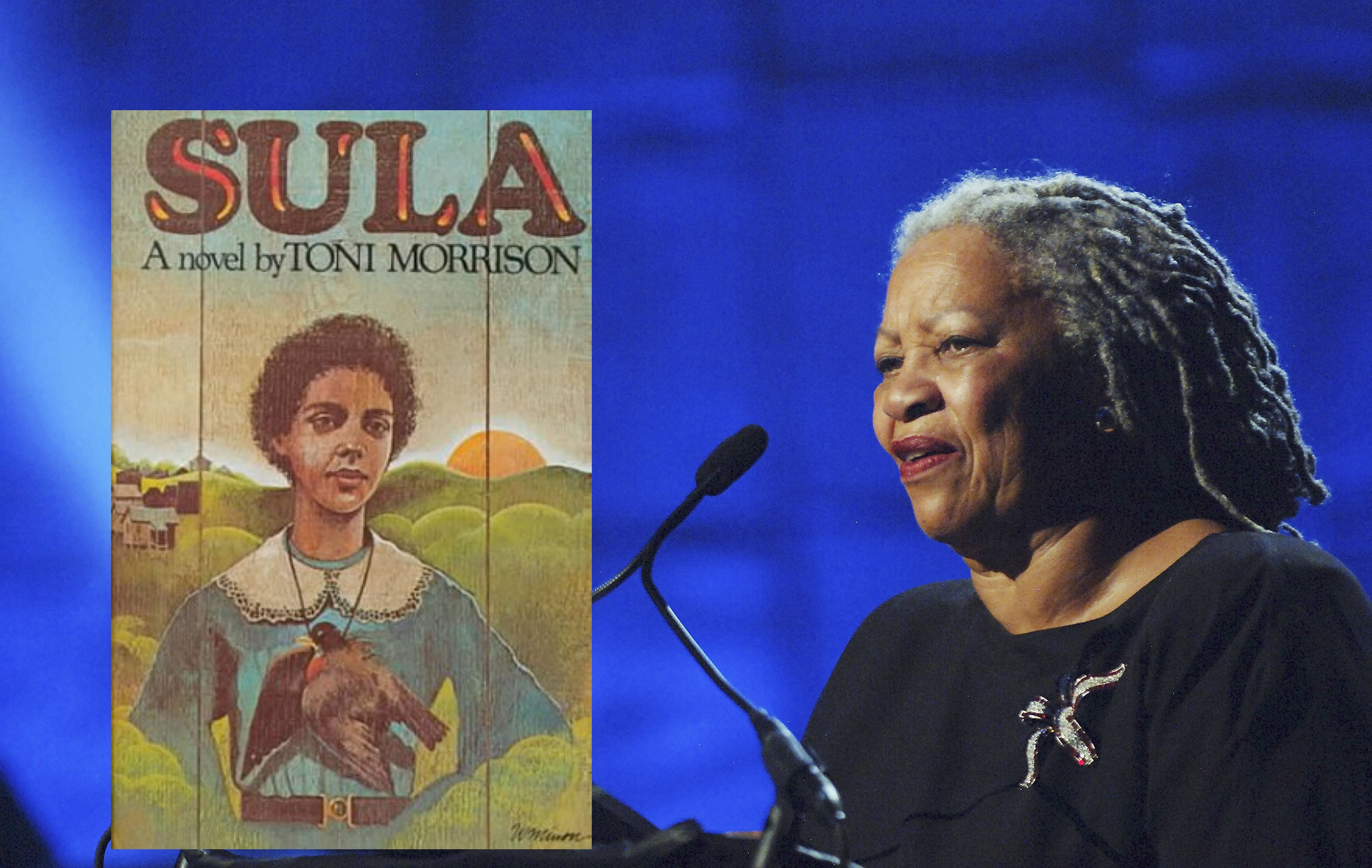Book of a lifetime: Sula by Toni Morrison
From The Independent archive: Jackie Kay has a piece of her heart stolen by the eponymous character – part myth, part woman, part mirror, part warrior – and learns what it means to ‘go on a real trip’

The first Toni Morrison book I read was The Bluest Eye. Like all loved books, I remember exactly where I was when I read it. I was living in a squat in Vauxhall and Brixton was burning in the 1981 riots. The Bluest Eye told the sad story of Pecola Breedlove, a young Black girl who dreamed of being white; but it was Morrison’s narrative voice that pulled me in, held me tight and made a friend of me for life. I had never come across anything like it – a strange and heady mix of lyricism, and hard realism. It was poetry; it was story. I was hooked. I rushed back up to Sisterwrite bookshop in Upper Street and returned with Sula and Song of Solomon, gobbling them down, impatient for more.
I loved Song of Soloman, particularly the strange and wonderful character Milkman Dead, but Sula stole a piece of my heart. Morrison has said that she wrote the fiction she wanted to read. Discovering her work then was astonishing. I was 20 and just forming. There was something miraculous in finding these Black characters in fiction who were so real, who were made for themselves. I had never come across anybody like them. They had a profound effect on me. They held up an odd mirror.
Nel Wright and Sula Peace are both only children, daughters of distant mothers and incomprehensible fathers. In 1922 they are both 12, “wishbone thin and easy-assed”. Sula and Nel have the immediate intimacy of friends who seem to have known each other all their lives, “because each had discovered years before they were neither white nor male and that all freedom and triumph was forbidden them, they set about something else to be.”
Subscribe to Independent Premium to bookmark this article
Want to bookmark your favourite articles and stories to read or reference later? Start your Independent Premium subscription today.
Join our commenting forum
Join thought-provoking conversations, follow other Independent readers and see their replies